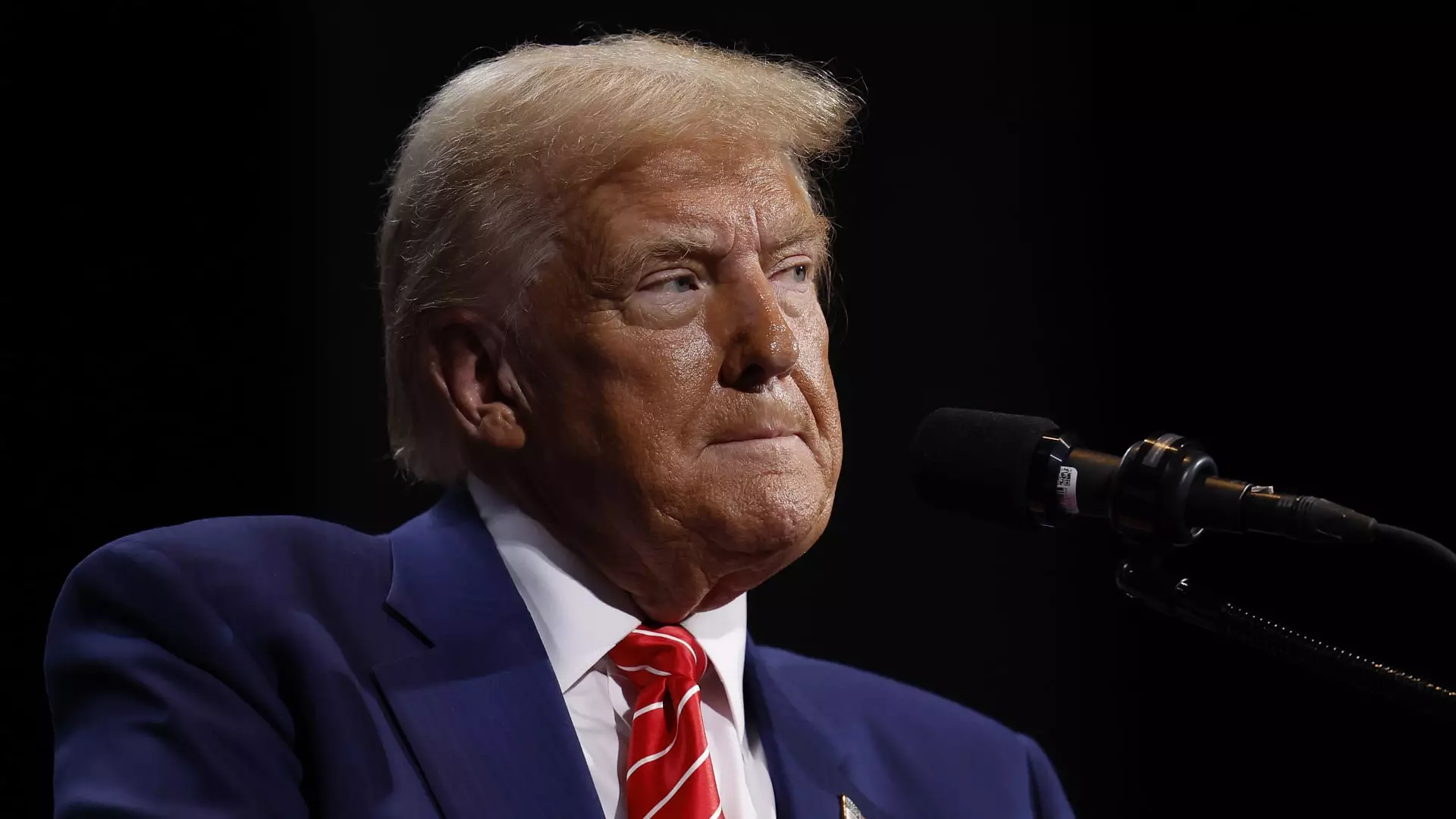In a gripping legal confrontation highlighting the intersections of justice, racism, and politics, the Exonerated Five—a group of five men wrongfully convicted in the infamous Central Park jogger case—have initiated a defamation lawsuit against Donald Trump. The lawsuit, filed in federal court in Philadelphia, accuses Trump of falsely claiming during a debate that the men had committed murder and had pleaded guilty to crimes they did not commit. This case not only underscores the ongoing ramifications of wrongful convictions but also raises salient questions about public figures’ responsibilities regarding their statements and the societal implications of such claims.
The saga of the Central Park Five began in April 1989 when a female jogger was brutally assaulted in New York City’s Central Park. Subsequently, five young boys, all aged between 14 and 16, were arrested and charged with these heinous crimes. Despite glaring discrepancies in their confessions—extracted under duress and leading to convictions that would haunt them for years—their innocence remained obscured by systemic racism and public hysteria. This was exacerbated by a newspaper ad taken out by Trump that called for the reinstatement of the death penalty, essentially targeting these young men without a trial.
The implications of their wrongful convictions are profound, not only from a legal perspective but also in terms of societal trust in the justice system. The Central Park Five’s story, grounded in a harrowing miscarriage of justice, underscores deep-seated issues surrounding race treatment within law enforcement and judicial proceedings in the United States.
The crux of the lawsuit revolves around remarks made by Trump during his debate against Democratic nominee Kamala Harris, where he claimed that the Exonerated Five had ‘pleaded guilty’ and suggested they were responsible for the jogger’s assault. The lawsuit clarifies, “These statements are demonstrably false,” affirming that the plaintiffs never confessed to any crime and were exonerated in 2002 through DNA evidence that implicated another individual in the assaults. The implications of such statements can damage reputations and undermine the exonerated individuals’ fight for justice and acceptance in society.
Through his actions, Trump not only perpetuated false narratives that have long-term impacts on the lives of these men but also reignited public discourse surrounding race, justice, and media irresponsibility. In the age of misinformation, the role of influential figures in shaping narratives cannot be underestimated.
The lawsuit addresses claims of defamation, intentional infliction of emotional distress, and false light, seeking more than $75,000 in damages. As the Exonerated Five—and their response to Trump’s provocations demonstrate—the fight for their dignity and truth does not culminate with their exoneration. Instead, it transforms into a broader battle for accountability from those in positions of influence.
A petition for justice signs the ongoing struggle against narratives that seek to marginalize and delegitimize the experiences of those wrongly convicted. By seeking legal recourse, the Exonerated Five underscore the importance of standing against misinformation, particularly when it emanates from influential political figures. They argue that what happened to them is not just a personal affront but a reflection of a systemic failure that has far-reaching consequences, particularly for marginalized communities.
Trump’s spokesperson responded to the lawsuit by dismissing it as “another frivolous, Election Interference lawsuit,” thus framing the narrative as a political attack rather than an accountability measure. This response reveals the heightened tensions surrounding political discourse and its intersection with public perceptions of justice. The political climate, especially in election years, often observers face a barrage of inaccuracies as political figures strive for favor among their constituencies, leading to the questioning of facts and responsibility.
This case could set a precedent for how public figures are held accountable for misleading statements that impact the lives of innocent individuals. Furthermore, it surfaces the conversation around the ethical obligation of public personas in how they regard marginalized communities, particularly in matters involving race and justice.
In essence, this lawsuit is more than a legal battle; it is part of a larger narrative demanding truth, justice, and accountability in a society where the whispers of the past continue to reverberate loudly in the present. The Exonerated Five are not just seeking reparations but are championing a legacy of awareness and ethical discourse in public life, ensuring that the wrongfully accused’s voices can be heard over the din of misinformation.


Leave a Reply